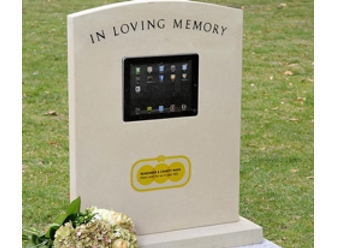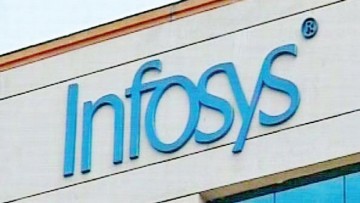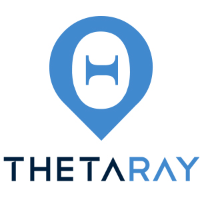
Genesys’s cloud-based customer engagement and employee collaboration offering PureCloud is getting a million interactions daily.
Analyst firm Frost & Sullivan forecasts that hosted/cloud contact centre solutions will increase from 24 percent of the total seats base in 2015 to 40 percent by 2020.1 However Genesys is exceeding this pace by adding more than 500 PureCloud customers in the last 12 months alone —. Moreover, there has been a 300 percent increase in customer usage in the first half of 2017.
PureCloud is also infusing its partner channel with new revenue opportunities. The solution’s partner base has expanded by 43 percent so far in 2017, resulting in a 72 percent increase in customers gained via the channel.
Since last year, PureCloud’s accelerated momentum has gained industry recognition. According to principal analyst for Frost & Sullivan Nancy Jamison, “PureCloud by Genesys earned our 2016 Growth Excellence Leadership Award for Cloud Customer Contact Applications because of its industry-leading growth in the cloud contact centre applications market, competitive and feature rich capabilities, and excellent customer support.”
Today, the solution handles more than 1 million interactions per day across phone, email, chat and social channels to seamlessly and securely support the customer journeys for hundreds of companies across the world, including Al Romansiah, Deakin University, Feros Care, Gestcom, Grupo Monge, MyBudget, Quicken Inc., Rose-Hulman Institute of Technology and Smollan, among many others. New, simplified application bundles also mean customers can add digital channels at no additional cost – allowing them to grow seamlessly from dozens to hundreds of agents in a software-as-a-service (SaaS) model.
To support this expansive global growth, PureCloud offers user interfaces in 15 languages, more than any other SaaS customer experience cloud provider in the market. Furthermore, over 63 million customer API calls are processed per month on the solution, revealing an appetite and willingness by IT professionals and partners to move from SaaS to platform-as-a-service (PaaS) providers.
In addition to deploying the solution’s customer engagement functionality, nearly one-third of customers add PureCloud Communicate, which uniquely and natively combines traditional IP PBX (private branch exchange) functionality with employee collaboration tools like video conferencing, screen sharing, dynamic team chat, rich employee profiles and document management.
“PureCloud is quite simply the fastest growing customer experience solution on the planet! Market traction has far exceeded industry predictions with active users climbing to the same level as our first-generation cloud solution – but in less than half the time,” said Brian Bischoff, senior vice president for PureCloud by Genesys. “And, we’ve upped our customer success model by doubling our Care Team for global 24-hour coverage and making new deployments even faster, with an average deployment taking less than 40 days.”
PureCloud has demonstrated strong momentum in its roll-out of new features and functionality, with nearly 160 major enhancements released in the last year.
 Dame Helen Alexander, a former chairman of Incisive Media and the first female president of the Confederation of British Industry (CBI), has died following a long battle with cancer. She was 60.
Dame Helen Alexander, a former chairman of Incisive Media and the first female president of the Confederation of British Industry (CBI), has died following a long battle with cancer. She was 60.


















